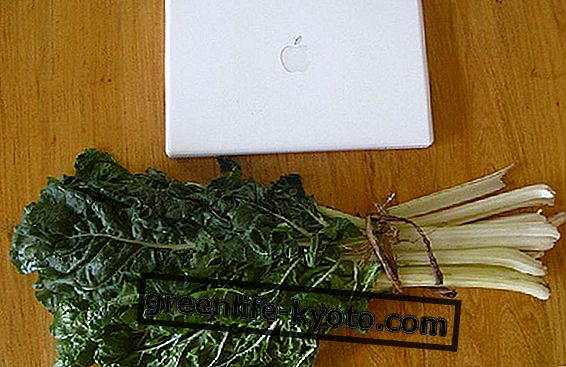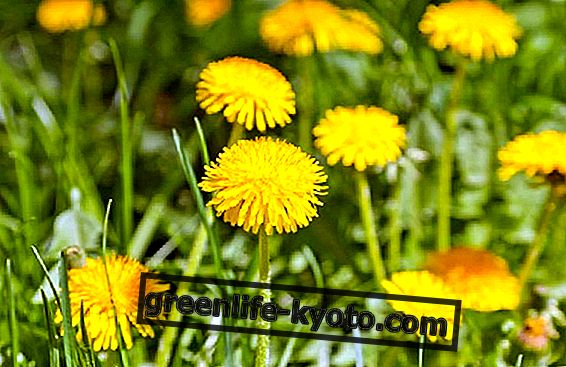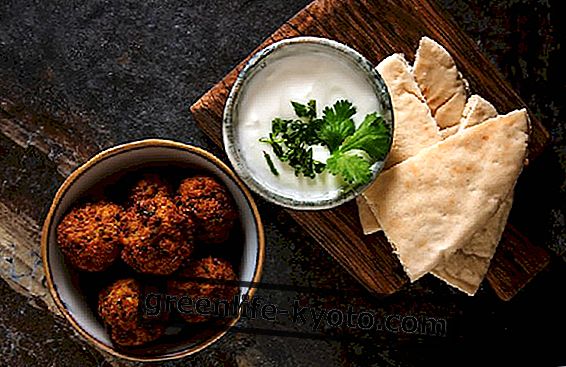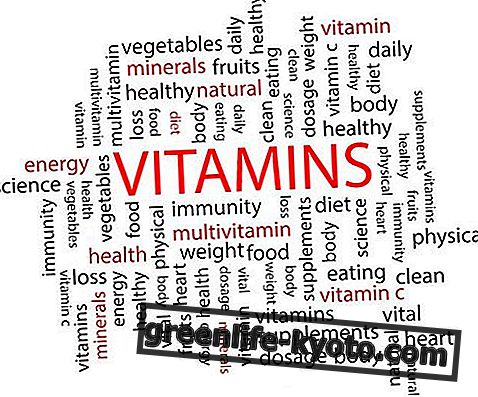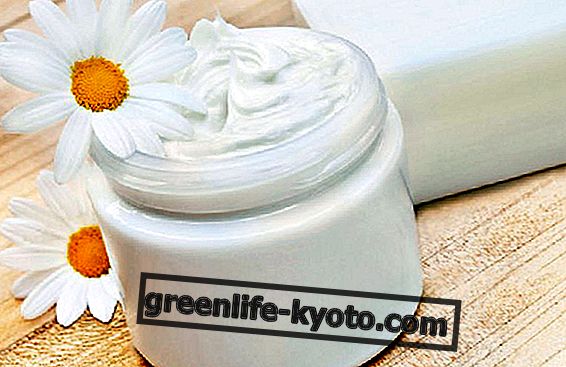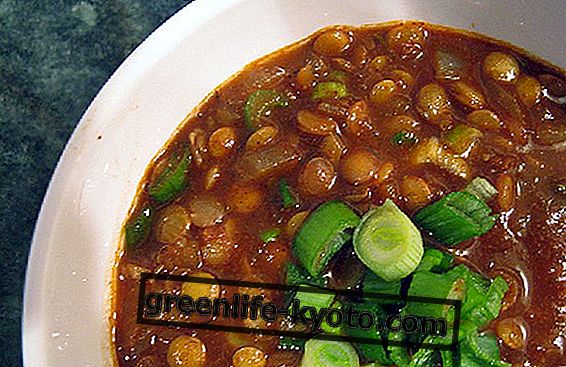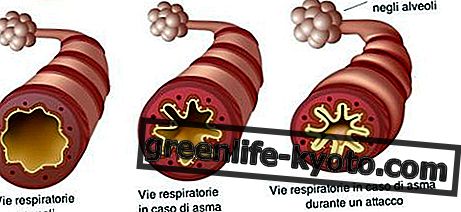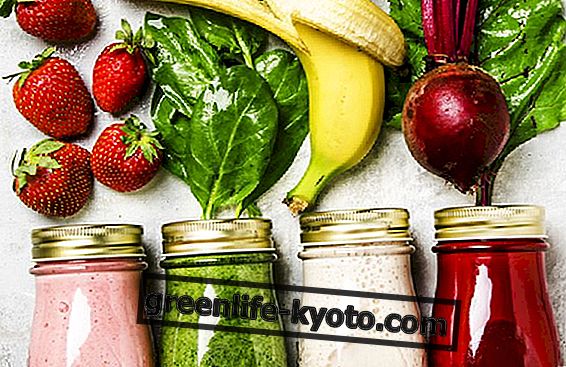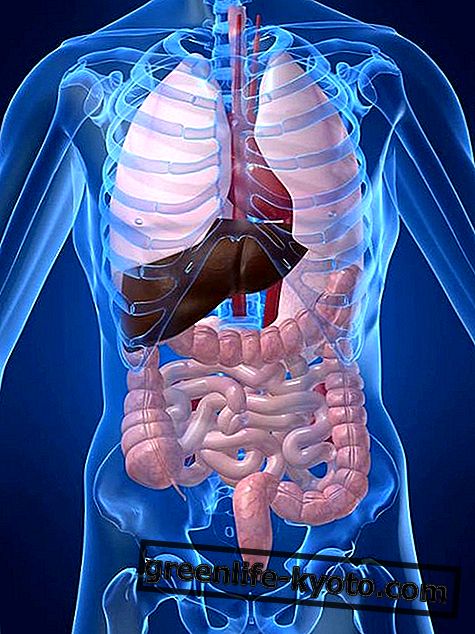There is no ideal diet for everyone. Each of us should follow a diet that is appropriate for our person, for age, sex and general health conditions. Here you will find lots of information on the relationship between nutrition and health.

The relationship between nutrition and health
Nutrition is one of the factors that contributes most to the promotion and maintenance of good health throughout life.
Ever since man passed from the status of a hunter and nomadic shepherd to that of a settled farmer, there has been a continuous progress in agricultural techniques and industrial manufacturing processes which, in the most advanced countries, has resulted in availability. more and more food.
This has made it possible to achieve important goals, such as the disappearance of malnutrition and many diseases due to lack or lack of vitamins and minerals. It also allowed greater resistance to infectious diseases, a longer life expectancy and better processes for children's growth.
But there is a downside. The increased availability of food, combined with the increasingly sedentary lifestyle of the contemporary Western world, is having a negative impact on health.
Poor nutrition, along with bad habits, is at the basis of the increasing incidence of certain pathologies such as obesity, diabetes, hypertension, high cholesterol and tumors .
There are elements, correlated with nutrition, that are able to change the probability of the appearance of a specific health problem; nutrition therefore helps to prevent. Furthermore, foods are able to act on certain conditions, modifying them; therefore, feeding also helps to heal.
Nutrition and health are almost inseparable .
The science of food
The relationship between nutrition and health is the subject of many studies and many sciences. Food science is a very broad subject that includes many other disciplines.
Dietetics, for example, deals with the effects of foods on the metabolism and also examines aspects related to digestion. It studies the combination and distribution of the foods best suited to the physiological and / or pathological characteristics of the individual; the number and rate of meals; how to cook food. All with the aim of preserving the person's state of health and well-being.
When we talk about the relationship between nutrition and health, we cannot fail to mention nutraceuticals, a rather young but very interesting discipline. The term, coined in the late 1980s, makes a synthesis between nutrition and pharmaceuticals. Nutraceuticals therefore deal with food as a medicine and study the extracts of plants, animals, minerals and microorganisms that share a beneficial health function.
So it's really true: health comes with eating. As Hippocrates said, the father of medicine: Let food be your medicine and your medicine be food.
Nutrition, our ally in the fight against cancer

Our guides on nutrition and health
In this section you will be able to consult detailed guides on the power recommended for specific disturbance . You will discover, therefore, how to limit the consumption of sodium in case of cellulite, what is better to eat and which foods is, instead, preferable to avoid if you suffer from high cholesterol or hypertension, which are the foods that cause aerophagia ... and much more.
There are also phases of life in which food has a particular importance. It mainly happens to women who, in the course of their existence, encounter situations that, although not pathological, require greater attention to how they eat.
Taking a look at the card on nutrition during pregnancy, for example, you will read that during the fateful nine months it is not necessary to eat for two, but twice better and by scrolling the page on feeding for breastfeeding you can dispel some false myths about topic.
Health is strongly influenced by nutrition. Taking care of your diet is the first fundamental rule for feeling good.
